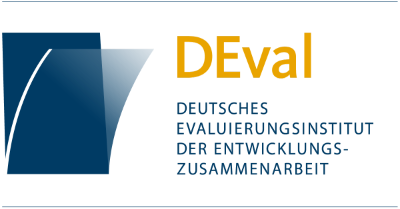This rapid evidence review investigates the effects of cash transfers and cash transfer plus programs on sexual and reproductive health outcomes in Sub-Saharan Africa. The results are drawn from 29 impact evaluations (experimental and quasi-experimental studies) across 13 countries in Sub-Saharan Africa and seven systematic reviews containing studies that were conducted in the same region. The included studies were selected following a systematic and transparent search and screening strategy, and clear inclusion criteria. In these studies, most cash transfer interventions have a conditional component, with education-related conditionalities such as school enrolment being the most prevalent feature. The most common plus-component utilized is behavioral change communication. For the analysis of effects, sexual and reproductive health outcomes were grouped into four different categories: 1) Knowledge and attitudes, 2) behavioral outcomes (with the subcategories sexual behavior, health service utilization for perinatal care, and health service utilization for other sexual and reproductive health services), 3) reproductive and fertility outcomes, and 4) health outcomes.
Bibliographische Angaben

